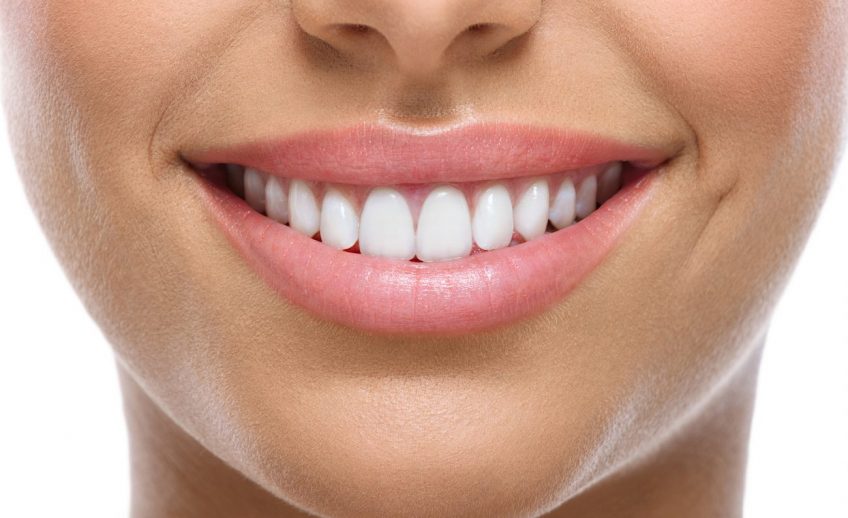Temporomandibular joint disorder (TMD/TMJ) is a painful and often debilitating neuromuscular disorder with symptoms which can affect the entire body. TMD/TMJ sufferers rarely associate their symptoms with dental-related problems and, therefore, seek help from doctors who are unequipped to diagnose or treat TMD/TMJ and unable to recognize the signs, leaving the condition misdiagnosed as migraines or other health conditions.
TMD/TMJ occurs when the teeth, jaw muscles and jaw joints are out of alignment. Only a neuromuscular dentist has the training and equipment to properly diagnose and treat TMD/TMJ. The symptoms range from obvious dental problems and damage, to pain and dysfunction throughout the head and body. The muscles and nerves of the jaw work in conjunction with the nerves and muscles of the face, head, neck, and shoulders. Any problem affecting the nerves and muscles of the jaw causes a chain reaction. Symptoms of TMD/TMJ include:
- Jaw pain
- Clicking or popping jaw – A disc of cartilage inside of the jaw joint keeps the joint from rubbing together. When the jaw muscles move this disc out of place, the joint rubs together, causing clicking and popping that is sometimes loud enough to be heard by other people.
- Limited jaw movement or locking jaw
- Tooth grinding
- Loose teeth
- Worn, chipped, or cracked teeth or fillings
- Pain and sensitivity in teeth
- Crowded teeth
- Receding gums
- Difficulty swallowing – Caused by severe muscle tension in the jaw, neck and face.
- Facial pain
- Pain behind the eyes
- Headaches (often misdiagnosed as migraines) – Caused by constant muscle tension, and clenching or grinding the teeth.
- Ringing ears (tinnitus)
- Congested ears
- Shoulder, neck, or back pain
- Numbness in arms and fingers – The brachial plexus is a bundle of nerves, located between the neck and shoulders, leading down to the hands and fingers. Spasms, started in the jaw muscles and continuing through the neck and shoulders can pinch this nerve bundle.
- Depression – Caused by chronic pain and the constant, unsuccessful search for a cure.
Causes of TMD/TMJ
The cause of TMD/TMJ is not always known. We do know that it can be hereditary, and is sometimes caused by trauma, such as an auto accident, or by poor dental work. The onset can be sudden or gradual.
Treating TMD/TMJ
Fortunately, TMD/TMJ can be effectively treated. The first step correcting TMD/TMJ is a thorough evaluation of the bite alignment and the nerve and muscle activity. The beauty of TMD/TMJ treatment is that, while full and permanent correction is a multi-phase process, most people experience immediate relief from symptoms after the first day of treatment.
- TENS (transcutaneous electrical neuromuscular stimulation) acts like an electrical massage, relaxing the muscles, topping the spasms, and relieving the pain and the majority of symptoms.
- Temporary bite correction uses a temporary appliance to achieve the correct bite alignment, making gradual adjustments.
- Permanent bite correction involves making the necessary changes to keep the bite improper alignment and can include reshaping the tooth enamel, or using crowns or braces, so that the teeth hold the bite in proper alignment.
Courtesy of ezinearticles.com by Tara Pingle
 201 Nicholson Street Abbotsford VIC 3067
201 Nicholson Street Abbotsford VIC 3067
